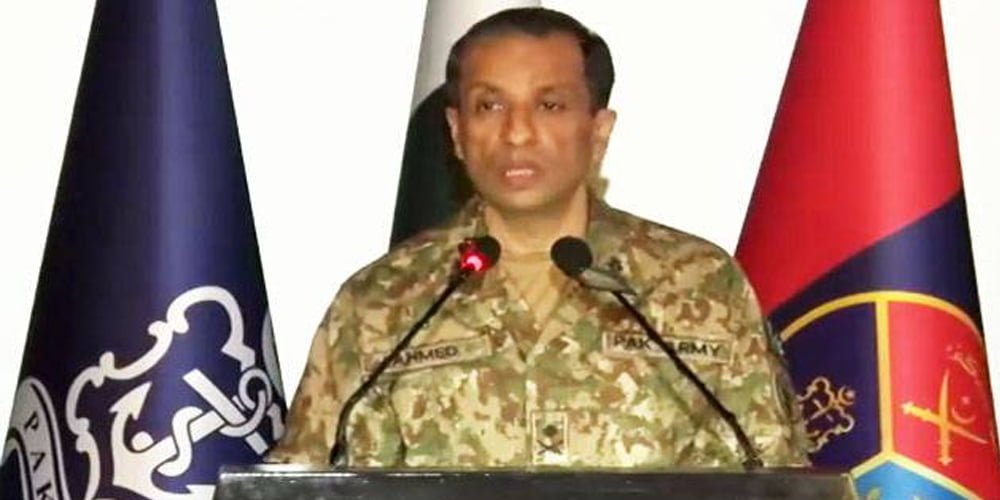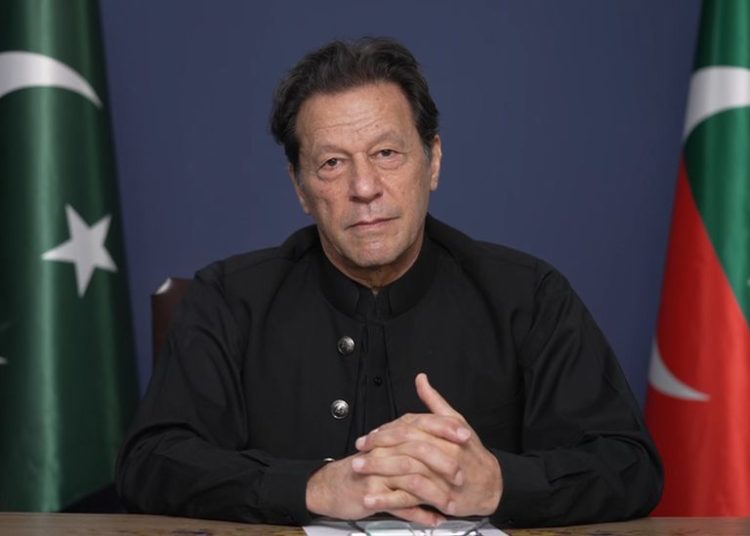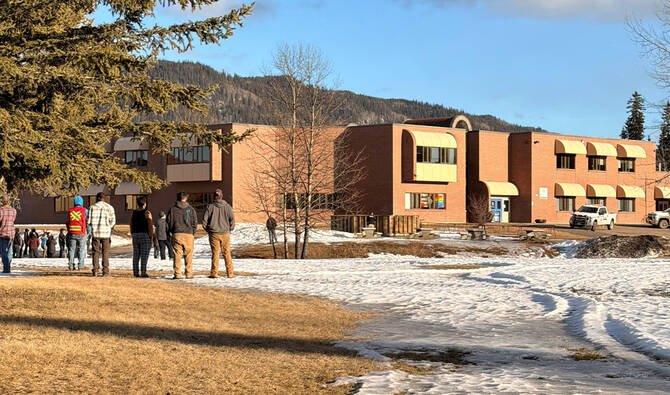ISLAMABAD/QUETTA – In a powerful message of unity, national security, and inclusive development, Pakistan’s top civil and military leadership has reiterated that Balochistan is an inseparable and integral part of the country — culturally, economically, and territorially. As internal security challenges persist and foreign interference grows, particularly from India, officials are calling for a firm yet inclusive national approach that strengthens regional stability and wins back alienated voices.
In a candid dialogue with over 1,950 senior educators from across the country at the Hilal Talks forum, Director General Inter-Services Public Relations (DG ISPR), Lieutenant General Ahmed Sharif Chaudhry, emphasized that “Balochistan is and will always remain part of Pakistan.” He described the province as essential not just for its geography, but for its people and contribution to the country’s soul.
Addressing concerns about ongoing violence in the province, DG ISPR drew attention to external subversion. He revealed that India is actively financing and supporting the Balochistan Liberation Army (BLA), branding the group as a violent extremist outfit. “India is using proxies to destabilize Balochistan and harm Pakistan’s national unity,” he said. He claimed that BLA’s leadership operates from Indian territory, seeking sponsorship and directions — an arrangement he described as an “imported rebellion”.
Calling the BLA militants “slaves on foreign payroll,” the military spokesperson reaffirmed that their actions do not represent the will of the people of Balochistan. “The armed forces of Pakistan are made of its people. We are one and the same,” he said. This message — underscoring the bond between the military and citizens — aimed to foster trust amid tensions and fear.
General Chaudhry painted a hopeful picture of the province’s future. “Balochistan will become Pakistan’s most prosperous province,” he said, linking that prosperity to national unity, inclusive policies, and countering terrorism decisively.
On the civilian front, Prime Minister Shehbaz Sharif, during a grand Jirga in Quetta on Saturday, also focused on healing and reconciliation. Acknowledging the pain and grievances of Baloch citizens, the premier said the only way forward is “through dialogue, not conflict.” He called for reintegrating those influenced by extremist narratives back into the national fold. “We must bring back our estranged brothers — not through force, but through understanding,” he told tribal elders and community leaders.
The premier openly recognized the destructive role terrorism has played in derailing Balochistan’s progress. “Terrorists are not only enemies of peace but also enemies of development,” he said. Citing the example of the Karachi-Quetta highway, which has witnessed repeated deadly attacks, he referred to it as a “bloody highway” and promised that funds for its repair and expansion had already been allocated.
As a concrete step towards bridging economic gaps, Shehbaz Sharif announced that 25% of Pakistan’s upcoming Public Sector Development Programme (PSDP) would be reserved for projects in Balochistan — a significant allocation aimed at transforming infrastructure, education, and livelihoods in the province. He also committed to providing laptops to students from Balochistan, promoting digital inclusion and skill-building.
While military action remains part of the state’s response to terrorism, there is increasing recognition that force alone cannot solve long-standing grievances. The government is positioning itself for a dual-track approach: confronting external threats while creating internal space for reconciliation and development.
Analysts note that Pakistan’s reaffirmation of Balochistan’s unity comes at a time when global narratives are shifting. Amid international concerns over regional instability, Pakistan’s focus on diplomacy, development, and social inclusion sends a message that its future approach is about healing divisions, not deepening them.
DG ISPR’s remarks and the prime minister’s development pledges together highlight a broader shift — from viewing Balochistan merely as a security challenge to recognizing it as a region of strategic importance, cultural pride, and untapped potential. While challenges remain, the renewed emphasis on national inclusion, regional parity, and people-focused development reflects a more holistic state vision.
In the words of PM Shehbaz Sharif: “We must act now — to build trust, to heal wounds, and to ensure no child in Balochistan feels like a stranger in their own country.”
The road to peace in Balochistan will require patience, persistence, and partnership — with the people at its heart.
















